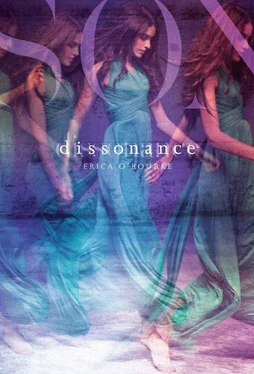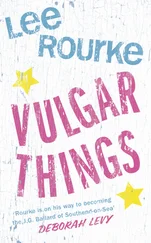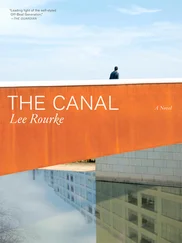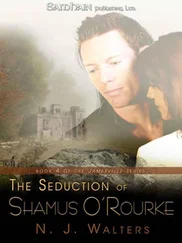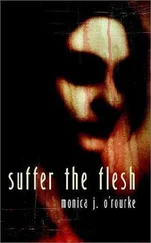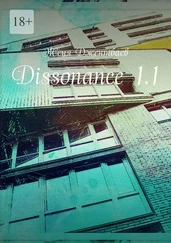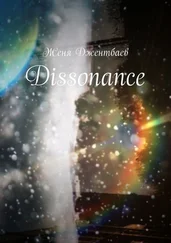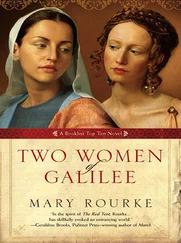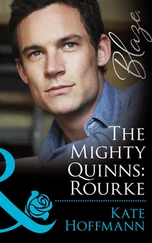We reached the playground, where the disintegration was already setting in. The benches bowed toward the ground, the moms and nannies oblivious. The kids climbed on the jungle gym, unconcerned by the bars warping beneath their hands.
“No pivot points,” Addie said. “That’s the only way in or out.”
She was right. The ooze had overtaken the far end of the playground and the parking lot, where the strongest concentration of pivots was. It was impossible to cross. Iggy and Simon had been replaced by a sea of grayish light; so had the swingset and the spot where I’d bumped into the jogger. The Echoes never noticed. They’d fade before they realized what was happening, reabsorbed into the fabric of the universe.
We wouldn’t be reabsorbed. We’d be dead.
Addie dropped onto the bench and started to cry. I tried not to throw up. A few feet away the little girl with the balloon twirled, the balloon’s color bleeding away.
The balloon.
The balloon should have been tangled in the tree overhead.
I’d fixed it, and the kid had gone back to playing, instead of crying at the base of the tree.
And she was still here. Only . . . not for much longer.
“Move!” I hauled Addie up.
“It’s too small, Del. We’ll never get through.”
“You have a better option? Move your ass, or we’re dead!” I skidded to a halt inches from the girl. I listened as hard as I could for a frequency—any frequency—not obscured by the white noise of the cleaving.
“Hurry,” Addie said.
“Shut up!”
The balloon flickered as I heard one—E minor, haunting and sweet. Light filtered through the pivot, pale as dust and barely visible. I lunged for it, clutching my sister’s hand.
The last thing I saw was the little girl disappearing in a burst of static.
The term “accident” is a misnomer. Every consequence, no matter how unexpected, is rooted in a choice.
—Chapter Ten, “Ethics and Governance,”
Principles and Practices of Cleaving, Year Five
I LANDED HARD. My palms and knees stung from the impact, and my ears rang in the sudden silence. Less than a foot away, the edges of the portal fluttered like the wings of a monarch and sealed themselves. Slowly, I sat up and brushed wood chips from my hair.
Addie lay nearby, flat on her back, panting and staring at the sky. The blue, blue sky. Azure. Lapis. Cornflower. Glorious, rich, head-spinning color. After the relentless gray of the world we’d escaped, I was practically drunk on it. I hauled myself up, using the jungle gym to keep my balance.
The scene before me was identical to the cleaved world. Joggers and kids and nannies. Ducks bobbing on the pond. Simon and his friend playing Frisbee with Iggy. My throat tightened and my breath eased simultaneously. Everything was exactly as it had been.
Almost. The little girl sat next to her nanny, head bent, shoulders shaking. I looked up and saw the balloon, caught in the highest branches of the tree. Soon the wind would carry it away.
I thrust my hands in my pockets and found my star, crumpled and half-finished. Smoothing it out, I folded the rest from memory, the movements familiar and reassuring.
Addie stood, her face white and set.
“Not bad, right?” I tried to smile, but it felt as wobbly as my legs.
“No, Del. That was bad. Very, very bad.” She swiped a finger underneath each eye, erasing the tracks of mascara. “We have to keep moving.”
“We’re safe.”
She shook her head and studied the playground. “When that world finishes cleaving, this one will start. It’s a domino effect, and you knocked over the first one.”
My stomach twisted, and I nearly dropped to my knees again. The Key World was safe, but every Echo originating in Park World would unravel and fade. Because of me. “What about the people?”
“Del. Focus. We have to find a pivot we can use to get home. Where’s our best shot?”
She must have been seriously rattled to ask me for advice, instead of ordering me around. It was almost funny. Almost, the way that this world was almost the same as the one we’d fled. “Almost,” as it turned out, meant “not at all.”
A sour taste flooded my mouth. “Parking lot,” I said. “There’s a ton of decisions in a parking lot.”
“Then let’s go. And don’t touch anything.” I glanced over my shoulder at the little girl, still crying.
“Thanks, kid,” I murmured, and followed Addie toward the rows of cars and pivots. The instant before I crossed over, I tossed the paper star toward the signpost. Pointless, considering this world would soon vanish, but it was habit.
A breadcrumb, just like Monty had taught me.
* * *
For someone who spent so much time talking up how she was the mature one in the family, Addie wasted no time reverting to childhood when we arrived home.
“I’m telling Mom,” she said, slamming the car door extra hard and marching up the driveway.
I chased after her. “You’re tattling on me? Seriously? Are we five now?”
“Five-year-olds have better impulse control,” she hissed. “We could have been killed. Do you think the Consort won’t notice? You cleaved a world .”
“You grabbed me,” I said, fighting back the fear that enveloped me. “I didn’t mean to do it.”
“It doesn’t matter what you meant. It’s what you did. And don’t try to blame me—you shouldn’t have been touching the strings in the first place. This is completely on you, Del.” She stalked inside.
I stood in the driveway, shivering as a chill worked its way under my sweater. Our kitchen windows glowed warm and yellow, the peeling paint less visible in the dusk. It looked homey. Safe. Cheerful. But I knew exactly what kind of welcome awaited me when I crossed the threshold, and it was none of those things.
The barberry bushes bordering the yard rustled, and a moment later Monty popped out, his cardigan catching on the thorns. He swatted at them, not noticing when his hands came away scratched.
“You’re back?” he asked, his voice thin and reedy like an oboe. Monty had been a big man once, but he’d diminished over the years. Most Walkers developed frequency poisoning as they aged, but his was especially severe. Too much time spent in bad frequencies had left his shoulders bent and his gait slower. He lost time, forgetting my grandmother was gone. Worst of all, his hearing was ruined. Without hearing, a Walker had to rely on touch to navigate through the multiverse. Difficult and dangerous, but it didn’t stop him.
“Hey, Grandpa.” I took him by the elbow. “How long have you been out here?”
“I was going out. Where was I going?” He patted his pockets, pulled out a cheap little spiral notebook and a pencil stub. “I wrote it down. I drew a map.”
Walker maps didn’t look anything like the jumble of lines and musical notes he was peering at. He’d end up lost. Real maps showed only the major, stable branches of an Echo, their important pivots color coded to show strength and stability. Computers had made them easier to maintain—the old bound versions, drawn on onionskin paper, were inches thick and instantly out-dated. Even with technology and experience on our side, tracing a path through the multiverse was no more accurate than charting wind currents.
“You’re not supposed to Walk by yourself,” I said, taking the notebook. Then again, neither was I.
A cagey light entered his eyes. “We can go together.”
“I—” The screen door flew open and my mother appeared, anger visible in the rigid lines of her posture. Addie stood behind her like a self-righteous shadow. “Mom—”
“Not a word, Delancey. Not. A. Word.” She pointed to the kitchen table, and I slunk past her to my usual chair. Monty followed me inside.
Читать дальше
